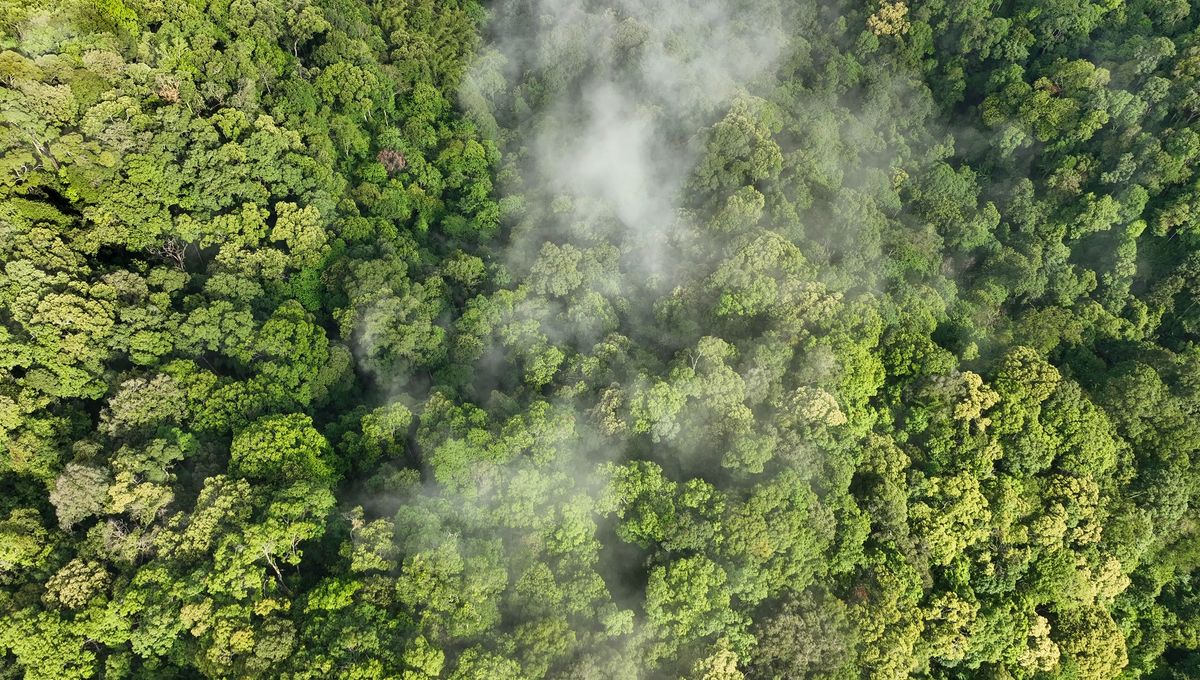
The United Nations (UN) has issued a report warning that some efforts to combat the effects of climate change may bring with them further risks. The report emphasizes how interconnected and fragile our system is in the 21st century and urges us not to focus on short-term solutions that may impact long-term prosperity.
The report represents a call to arms, asking us to think about and respond to the various emerging challenges that may disrupt our planet’s wellbeing. It does so by examining eight major shifts across the world, which include the rapid development of technologies like artificial intelligence, the rise of misinformation, the forced displacement of people, and increased competition for limited natural resources.
At the same time, the report considers how geoengineering experiments, like solar radiation modification (SRM) and other climate-altering technologies, could be more harmful in the long run. The concept involves seeding clouds with substances that make them more reflective, which would send sunlight back into space. Marine cloud brightening is one such technique, which uses sea salt to alter clouds in a region.
Although it may sound promising, the technique is controversial as its local use can alter weather patterns elsewhere on the planet while also not addressing the underlying issues that drive climate change.
“Recognizing that SRM technologies remain speculative and highly contentious, scientific scrutiny and more inclusive public discourse on the implications […] is critical at this stage,” the report explains.
“Choosing to ignore SRM altogether at this stage, could carry its own risks—leaving society and decision-makers ill-prepared and potentially misguided.”
Carbon offsetting is also a major concern. It is a widely used tactic whereby individuals, companies, or governments try to negate their fossil fuel emissions by funding equivalent emissions reduction or removal practices elsewhere. These practices include things like planting trees or restoring forests/wetlands, or preventing emissions in the first place, through energy efficiency improvements or avoiding destroying natural areas.
However, many offsetting practices involve a range of issues and questionable activities that undermine its effectiveness.
“Issues range from weak verification processes that allow fictitious or fraudulent projects to be certified to misrepresentation of an activity’s sequestration potential or the duplicative sale of individual credits to multiple buyers,” the report states.
“There is mounting evidence and concern that large-scale offset initiatives, even those believed to be of ‘high-integrity’, have been overstating their ability to contribute to limiting atmospheric greenhouse gas emissions.”
Despite the worrying nature of some of the challenges addressed in the report, the authors are keen to stress there are still options.
“In the face of the triple planetary crisis of climate change, nature and biodiversity loss, and pollution and waste”, Inger Andersen, executive director of the U.N. Environment Programme, explains in the forward to the report, “we might easily throw up our hands and imagine the world of 2050—just 25 years from now—as a dangerous, damaged place where both human society and the environment it inhabits face new and heightened threats.”
“However, the point of this report is not to predict the future.”
Instead, the intention is to “foresee the future”, by drawing on expertise and voices from diverse backgrounds. This may sound like a distinction without a difference, but Andersen believes there is more to it.
“What, might you ask, is the difference? Prediction is passive: it means locking in a vision of the future. Foresight is about imagining the future and then looking at how to change it.”
The global response is, to date, a mixed one. Locally driven resilience is becoming clearer as governments struggle to respond to disasters, and in their place, local communities are mobilizing to address the situation. Although less than ideal, it does show that grassroots networks can play a valuable role in combating environmental challenges.
The report arrives two months before the UN’s Summit of the Future kicks off in New York. Discussions will focus on how the global community can address its commitments and deal with emerging challenges. One key effort, the report stresses, is the need for countries to develop more short-term targets that will allow them to measure their effectiveness.
Source Link: UN Warns Geoengineering To Combat Climate Change Might Make More Problems Than Solutions